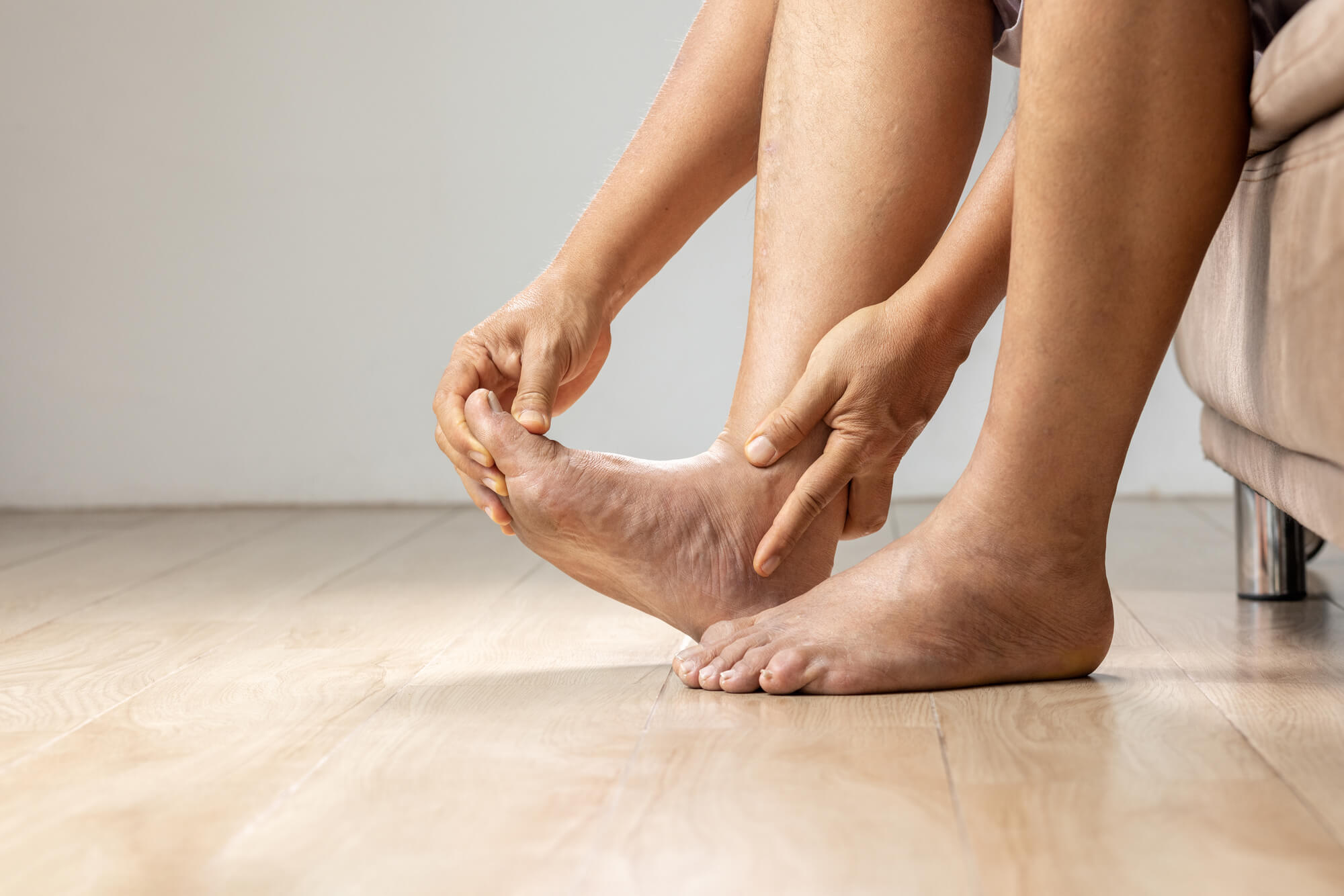How A Podiatrist Can Diagnose and Treat Gout
Gout is a common and painful form of arthritis affecting the feet and ankles. It is caused by a buildup of uric acid crystals in the joints, which can cause severe pain and inflammation. While gout can be a frustrating and debilitating condition, there are ways to manage it with the help of a podiatrist.
What is Gout?
Definition of Gout
Gout is arthritis when uric acid builds up in the body and forms joint crystals. These crystals can cause inflammation, pain, and stiffness in the affected joint.
How Does Gout Affect the Feet?
The feet and ankles are common sites for gout attacks. Gout often affects the big toe joint, which can become red, swollen, and extremely painful during a gout attack. Other joints in the foot and ankle can also be affected.
How Can a Podiatrist Help with Gout?
Diagnosis of Gout
A podiatrist can help diagnose gout by conducting a physical examination and ordering diagnostic tests such as X-rays, ultrasounds, and blood tests. A podiatrist may also ask about a patient's medical history and family history of gout.
One of the most common diagnostic tests for gout is the joint fluid test. This test involves extracting fluid from the affected joint and examining it for uric acid crystals. If uric acid crystals are found in the joint fluid, it strongly indicates gout.
Treatment of Gout
A podiatrist can help treat gout by prescribing medications that can help manage pain and inflammation during a gout attack and help prevent future flare-ups.
One of the most common medications for gout is nonsteroidal anti-inflammatory drugs (NSAIDs), such as ibuprofen and naproxen. These medications can help reduce pain and inflammation during a gout attack.
In addition, medications that lower uric acid levels in the body, such as allopurinol and febuxostat, can help prevent future gout attacks by reducing the buildup of uric acid in the body.

Prevention of Gout
A podiatrist can help patients prevent gout flare-ups by recommending lifestyle changes that can help manage gout. This may include dietary changes, such as avoiding foods high in purines, which can increase uric acid levels.
In addition, a podiatrist can recommend exercises and stretching techniques to help improve joint health and reduce the risk of gout flare-ups. Wearing comfortable, supportive shoes can also help alleviate foot and ankle pain caused by gout.
Conclusion
If you are struggling with gout in your feet and ankles, seeking professional help from a podiatrist is important. They can help diagnose your condition and create a personalized treatment plan that can help manage your symptoms and prevent future flare-ups.
With the right care and attention, you can manage your gout and return to the activities you love. Don't let gout keep you from living your life to the fullest – consult a podiatrist today.
FAQ
Can podiatrists diagnose gout?
Yes, podiatrists can diagnose gout by conducting a physical examination and ordering diagnostic tests such as X-rays, ultrasounds, and blood tests. A joint fluid test may also be performed to check for uric acid crystals in the affected joint.
What types of treatments can podiatrists offer for gout?
Podiatrists can offer a range of treatments for gout, including medications that can help manage pain and inflammation during a gout attack and medications that can help prevent future flare-ups. They can also recommend lifestyle changes such as dietary modifications and exercise.
Can podiatrists prescribe medications for gout?
Yes, podiatrists can prescribe medications for gout, including nonsteroidal anti-inflammatory drugs (NSAIDs) to manage pain and inflammation and medications that lower uric acid levels in the body, such as allopurinol and febuxostat.
What lifestyle changes can podiatrists recommend to prevent gout flare-ups?
Podiatrists can recommend dietary changes, such as avoiding foods high in purines, which can increase uric acid levels in the body. They can also recommend exercises and stretching techniques that can help improve joint health and reduce the risk of gout flare-ups.
Can podiatrists help with gout in other parts of the body besides the feet?
While gout commonly affects the feet and ankles, it can also affect other joints, such as the hands and knees. Podiatrists can help manage gout in any affected joint by prescribing medications and recommending lifestyle changes to help manage symptoms and prevent future flare-ups.

